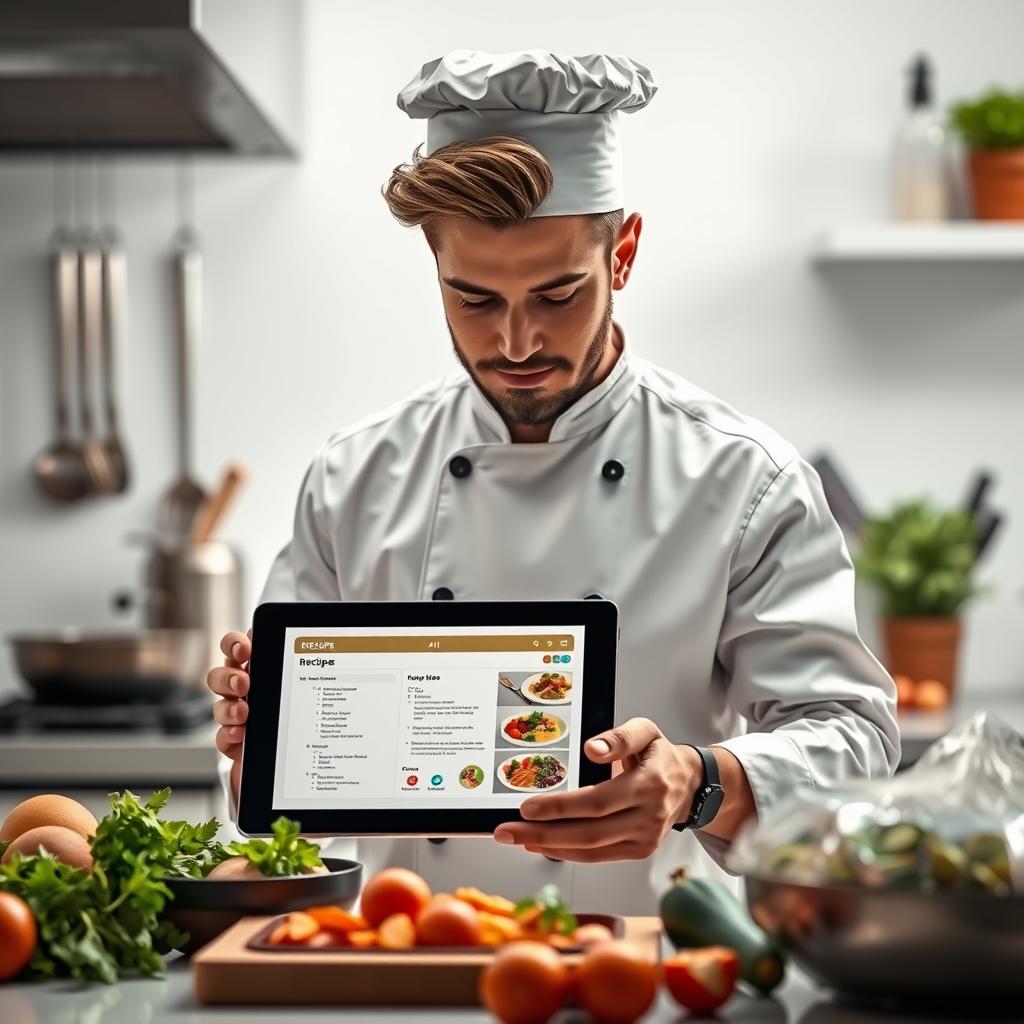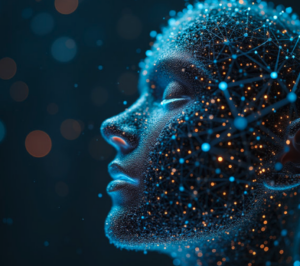
Learn how AI is transforming the food and beverage industry by automating production processes, improving food safety, and enhancing customer experiences. Discover how AI-driven tools are used for supply chain management, food quality control, and personalized recommendations.
AI in Food and Beverage
Artificial Intelligence (AI) is transforming the food and beverage industry by streamlining production, ensuring food safety, and enhancing customer experiences. From optimizing supply chain management to reducing food waste, AI-driven solutions offer businesses a way to operate more efficiently and deliver higher-quality products to consumers.
AI in Food Production and Quality Control
AI-Driven Food Production Automation
AI plays a crucial role in automating food production processes, from sorting raw ingredients to packaging finished products. Machine learning algorithms can analyze production lines in real-time, identifying bottlenecks, optimizing workflows, and improving efficiency. Robotics powered by AI also help in automating repetitive tasks, such as assembly and packaging, allowing for faster production with fewer errors.
Automated systems like TOMRA’s food sorting solutions use AI to detect defects, remove foreign materials, and ensure that only high-quality food reaches consumers. This technology significantly reduces food waste and enhances quality control standards.
Food Safety and Quality Assurance
AI-based systems monitor critical control points in the production process to ensure food safety. AI analyzes data from sensors, cameras, and lab tests to detect potential contamination risks, such as bacterial growth or allergens, and alert quality control teams before products are shipped. AI-driven food safety systems improve compliance with safety regulations and reduce the likelihood of product recalls, safeguarding both the business and the consumer.
AI for Enhancing Customer Experience
AI-Powered Personalized Dining
In restaurants and food delivery apps, AI provides personalized recommendations based on customer preferences, previous orders, and dining trends. AI-powered systems, such as Uber Eats and Grubhub, analyze customer behavior to suggest dishes or beverages that align with individual tastes, improving the customer experience and driving repeat orders.
AI in Reducing Food Waste
One of the biggest challenges in the food industry is managing perishable products and reducing food waste. AI can help address this issue by analyzing historical sales data, consumer trends, and supply chain logistics to predict demand more accurately. AI-powered inventory systems can ensure that food products are used efficiently, reducing the likelihood of spoilage and minimizing waste. AI systems like Winnow Solutions help restaurants track food waste in real-time and adjust purchasing and portion sizes accordingly.
AI is revolutionizing the food and beverage industry by improving production processes, enhancing food safety, and offering personalized customer experiences. With AI-driven tools, businesses can operate more efficiently, deliver high-quality products, and minimize food waste, contributing to a more sustainable food ecosystem.



